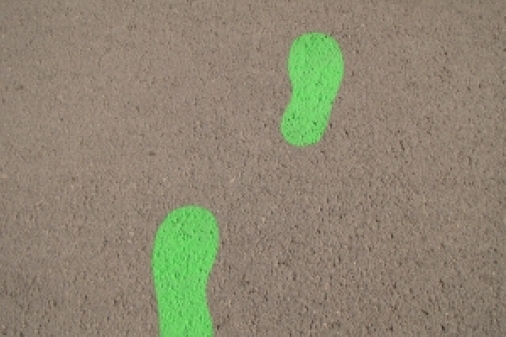
Fast doesn't always mean better. This is according to a recent study where scientists discovered that too much exercise could do more harm than good.
According to a study of 1,098 runners, those who ran twice or three times a week at a speed of 7mph were more likely to die prematurely within the 12 years of the study, compared to those who run at 5mph, and they were also more likely to die than those who didn't do any exercise at all.
According to the Telegraph, researchers monitored these runners and compared them to 413 healthy but non-joggers for 12 years. Those who jogged for 1 to 2.4 hours and no more than three times a week had the lowest mortality rate.
According to Peter Schnohr, a researcher for the Copenhagen City Heart Study at Frederiksberg Hospital in Copenhagen, Denmark, there might be a limit to the frequency of exercise that will have optimal health benefits.
"When performed for decades, this activity level could pose health risks, especially to the cardiovascular system. If your goal is to decrease risk of death and improve life expectancy, jogging a few times a week at a moderate pace is a good strategy. Anything more is not just unnecessary, it may be harmful," he said.
The study showed a significant lower mortality rate among slow joggers that were young and healthy.
Maureen Talbot, Senior Cardiac Nurse at the British Heart Foundation, said: "This study shows that you don't have to run marathons to keep your heart healthy.
"Light and moderate jogging was found to be more beneficial than being inactive or undertaking strenuous jogging, possibly adding years to your life.
"National guidelines recommend we do 150 minutes of moderate intensity activity a week. It may sound like a lot, but even brisk walking is good exercise and if you're bit of a couch potato this is a good place to start."













